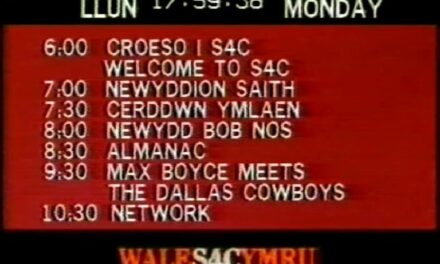This symposium draws attention to the current debates on media’s role in shaping and popularizing contemporary feminisms ranging from celebrity feminism to neo-liberal and post-feminism (Rottenberg et al 2020). It underscores the role of popular culture and media as sites of feminism and (subversive) feminist struggle. The symposium acknowledges the intrinsic plurality of the ways in which feminism can be practiced and theorized in the 21st century within digital media and in various socio-political contexts. Importantly, it seeks to contribute to the scholarship which challenges the West-centric normative mainstream feminist models (e.g., see Tlostanova 2018) and provides a space for a diversity of voices and feminist positions. Foremost, the event is aimed at bridging a gap in empirical and theoretical understanding of feminism between various academic traditions (Anglo-American, post-Socialist, postcolonial).
The symposium is informed by the current geopolitical tensions in Europe. Russia’s invasion of Ukraine has prompted a rapid transformation of mediated feminisms in the region. We have witnessed a ‘diasporization’ of the feminist movement, and fragmentation of feminist academic networks as a consequence of political oppression, as well as an emergence of new feminist networks and activist hubs in different parts of the world. Feminist groups and media celebrities have adopted new media strategies to connect with the precarious communities within the conflict zones as well as to maintain their regular audience, ratings, and revenues elsewhere. These actions take place within the neoliberal digital economy with its lack of algorithmic transparency and constantly increasing regulation, precarity (e.g., the use of banned social networks via VPN), and militarization.
Against this background, we argue that the shifting media affordances and geopolitical upheavals reinvigorate the feminist movement potentially leading to an overhaul of the existing stereotypes related to feminism (such as feminists as antifamily, antifamine, radical, etc.) and allowing for complex trans/national feminist connections. If this is the case, what does this rupture mean for the role of the celebrity feminism? What sort of feminist sensibilities and solidarities are emerging today in Europe and beyond?
Two confirmed keynote speakers for the event are Prof. Laurie Essig (Middlebury College, USA) and Prof. Catherine Rottenberg (University of Nottingham, UK).
The organizers particularly invite submissions, which explore mediated feminisms in non-western settings and from a standpoint of gender, feminism, area, cultural, media studies, history, literature and other related disciplines. The submissions can be both theoretical and practice-based involving original research and using a variety of methods, such as digital ethnographies, interviews, audience research, etc.
The symposium welcomes submission covering one or several themes outlined below:
- Transnational feminism, post-colonial feminism
- Media, feminist solidarities and dis/unity
- Media, celebrities, and their ‘use’ of feminism
- Celebrity feminism
- Feminist celebrities and their audiences
- Feminist movements, activism and the media
- Anti-war resistance and the media. Resilience in changing contexts
- Academic and other feminisms: from popular, networked to glitch feminism
- Feminism in historical perspective: Historical parallels (women in black, feminism and ecological movement, anti-nuclear, etc.)
- Post-Soviet feminists in new Europe
- Feminism and gender in/equality, gender regimes and social upheavals
- Creative industries and feminist producers/prosumers. Popular cultural and various digital productions
- New feminist aesthetics
Submissions
We welcome submissions from early career researchers, PhD students, established academics, as well as practitioners and activists. Other forms of submissions, i.e., creative projects, film screenings, etc. should be discussed in advance with the organizers.
Abstract between 300 and 400 words should be submitted no later than 1st December 2022 to femcorus@gmail.com. Decisions will be relayed by 10th January 2023. When sending your abstract, please indicate whether you would like your paper to be considered for publication in an edited volume. We also welcome proposals for joint panels. Please include a brief rationale for the panel along with an abstract and CV for each presenter. In case of any further inquiries, please email femcorus@gmail.com
The working language of the conference is English. The symposium will be an in-person event with the keynotes and several designated sessions also available in a blended format.
This symposium is held as part of the Academy of Finland-funded research project Mediated Feminism(s) in Contemporary Russia (FEMCORUS, 2021–25) hosted by Tampere University, Finland. Attendance is free of charge. Please note that a limited pool of funding is available to cover travel costs of PhD student participants and early career scholars in precarious position and participants from Ukraine.
Organizing committee:
- Galina Miazhevich
- Saara Ratilainen
- Daniil Zhaivoronok
- Alisa Virtanen





